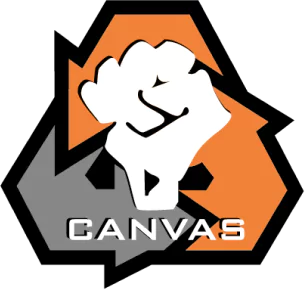Sep 1, 1980-1990
United Kingdom
Countering Homophobic Policing
Share
ACTIVISTS/ACT.GROUPS/DESCRIPTION OF THE GROUP
OutRage!
TARGET
Metropolitan Police
WIDELY HELD BELIEF
Police atrocities towards LGBTQ community must stop.
CASE NARRATIVE
Issue and Opponent: Homophobic policing practices in London led to frequent arrests and harassment of gay men in the 1980s and 1990s. Gay behavior was still criminalized, and the conservative government of Prime Minister Margaret Thatcher espoused state-sanctioned homophobia disguised as “family values.” The HIV-AIDs epidemic in the 1980s contributed to increasing homophobia in England and false perceptions that gay people were dirty or hypersexual. Police spent large amounts of resources on anti-gay operations such as raiding men’s public bathrooms or going undercover to infiltrate LGBT groups. Despite regular occurrences of violent hate crimes against gay people in London, police focused more on criminalizing displays of affection and consenting sexual behavior between gay men than on catching the perpetrators of hate crimes. The group Outrage! was formed in 1990 by LBGT activists after the murder of gay actor Michael Boothe in London. Outrage!’s focus was to end discrimination and violent acts against the LGBT community and to advocate for same-sex marriage to be legalized in the United Kingdom.
Dilemma Action: In 1991, Outrage! activists designed an action to expose an outdated and ridiculous British law. Section 32 of the 1956 Sexual Offences Act made male soliciting in a public place illegal, making it dangerous for gay men to meet, chat and exchange phone numbers in public. But Section 32 also prohibited gay men from displaying affection in public, criminalizing even innocent behaviors like smiling or winking at each other. Outrage! activists staged a “Wink-In” protest in Piccadilly Circus in London. The demonstrators set up massive winking eyes and exchanged phone numbers on giant calling cards, making theatre out of the law. By theatrically portraying the forbidden actions for passersby and police to see, the Outrage! activists created a dilemma for the police. If the police continued to enforce Section 32 of the Sexual Offences Act and arrest gay men for winking and smiling, they would look ridiculous and come off as overly aggressive. But failing to enforce this provision of the law would come off as weak and mark a departure from their previously homophobic stance.
Outcomes: The 1991 Wink-In protest drew media coverage for its use of humor and public location in Piccadilly Square. The Outrage! activists were even contacted by a tourism company to ask if they would be repeating the action so the company could bring tourists to see a future Wink-In protest. Following the 1991 protest, London police de-prioritized their enforcement of Section 32 of the Sexual Offences Act and numbers of arrests of gay men for public affection declined. Outrage!’s work from 1990 until 2011 has largely been successful. Although change progressed slowly, homosexuality was decriminalized in the UK in 2003 and a 2007 report validated accusations that the British police were institutionally homophobic. Gay marriage was legalized in 2014. The 1991 Wink-In was one of Outrage!’s many efforts to combat discrimination against the LGBT community in London. Other actions included a mass “Kiss-In” protest, invading police stations, and taking over the pulpit at Canterbury Cathedral during an Easter sermon to denounce the archbishop for his position against same-sex marriage. Another Outrage! The action included five same-sex couples appearing at the Westminster Registry Office asking to be married, despite the ban.
PRIMARY STRUGGLE/GOAL
NONVIOLENT TACTICS USED
DA TACTICS USED
Slogans/caricatures/symbols
CASE NARRATIVE WRITER
SUCCESS METRICS
12 / 12
(CONC) Concessions were made
(EREP) Dilemma action got replicated by other movements
(MC) Media Coverage
(MSYMP) Media coverage was sympathetic to the activists
(OR) Opponent response
(PS) Dilemma action built sympathy with the public
(PUN) Punishment favored the activists
(REFR) Dilemma action reframed the narrative of the opponent
(RF) Dilemma action reduced fear and/or apathy among the activists
(SA) Dilemma action appealed to a broad segment of the public
Artivism
Laugtivism
PART OF A LARGER CAMPAIGN
3 / 3
Activist group continued working together after the action
Encouraged more participants to join the movement
Internally replicated by the same movement
RESOURCES
Project documentation
Dilemma Actions Coding Guidebook
Case study documentation
Dilemma_Actions_Analysis_Dataset
SOURCES
Bowcott, Owen. 2020. “OutRage! turns 30: LGBT activists seek truth over police role,” The Guardian, May 10. Retrieved July 20, 2023. (https://www.theguardian.com/world/2020/may/10/outrage-turns-30-lgbt-activists-seek-truth-over-police-role).
Bishopsgate Institute Blog. 2012. “1980s: A decade of state-sanctioned homphobia,” Peter Tatchell Foundation, November 7. Retrieved July 20, 2023. (https://www.petertatchellfoundation.org/1980s-a-decade-of-state-sanctioned-homophobia/).
Baldwin, Philip. 2020. “The mission statement of OutRage! is still relevant today,” Gay Times. Retrieved July 20, 2023. (https://www.gaytimes.co.uk/life/the-mission-statement-of-outrage-is-still-relevant-today/).
Peter Tatchell Foundation. 2020. “OutRage! – 30th anniversary of queers who changed UK,” May 6. Retreived July 20, 2023. (https://www.petertatchellfoundation.org/outrage-30th-anniversary-of-queers-who-changed-uk/).
OutRage. 1999. “Protest as Performance,” June 5. Retrieved July 20, 2023. (http://outrage.org.uk/1999/06/protest-as-performance/).
LSE Library. 1992. “OutRage! Wink-In Leaflet,” Google Arts & Culture. Retrieved July 20, 2023. (https://artsandculture.google.com/asset/_/PAFJUJwxwFBqGg).
OutRage. 1990. “OutRage! 1990-2011,” Retreived July 20, 2023. (https://outrage.org.uk/).
OutRage! 1988. “Archive Collection,” Bishopsgate Institute Special Collections and Archives. Retrieved July 20, 2023. (https://archiveshub.jisc.ac.uk/data/gb372-outrage).
Hagland, Paul E. P. 1997. “International Theory and LGBT Politics: Testing the Limits of a Human Rights-Based Strategy,” Duke University Press, Retrieved July 20, 2023. (https://doi.org/10.1215/10642684-3-4-357).
Lucas, Ian 1998. “OutRage!: an oral history,” Cassell, London. Retrieved July 20, 2023. (https://www.worldcat.org/title/outrage-an-oral-history/oclc/40461622).
Related cases
Oct 1, 2019-2019
United States of America
Enbridge Inc., an energy transport company, was building the Line 3 Replacement Project scheduled to overrun sacred tribal lands along its 1,031-mile route.
Dile...
/
Sep 28, 2022-2022
Iran
On September 13, 2022, Mahsa Amini, a young Kurdish woman was detained by the Iranian morality police for “inappropriate attire”. Witnesses reported that Amini was bea...
/
Jun 1, 2015-2015
Morocco
In Morocco, homosexuality is condemned by Article 489 of the penal code which criminalizes “licentious acts against nature with an individual of the same sex.” Being l...
/
Subscribe to our newsletters to get full access to all materials on our website.

